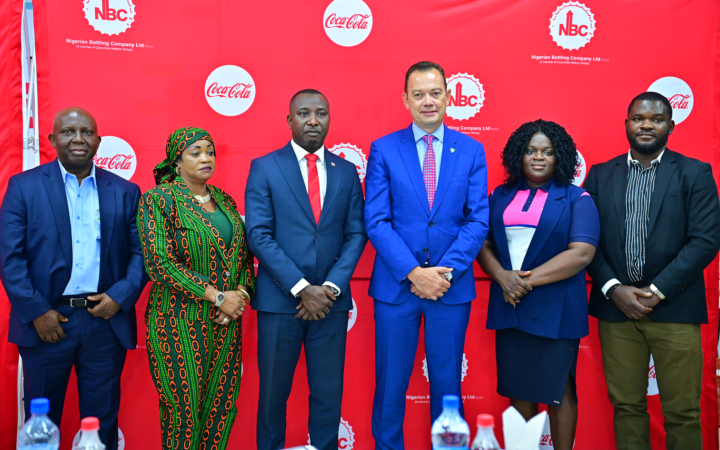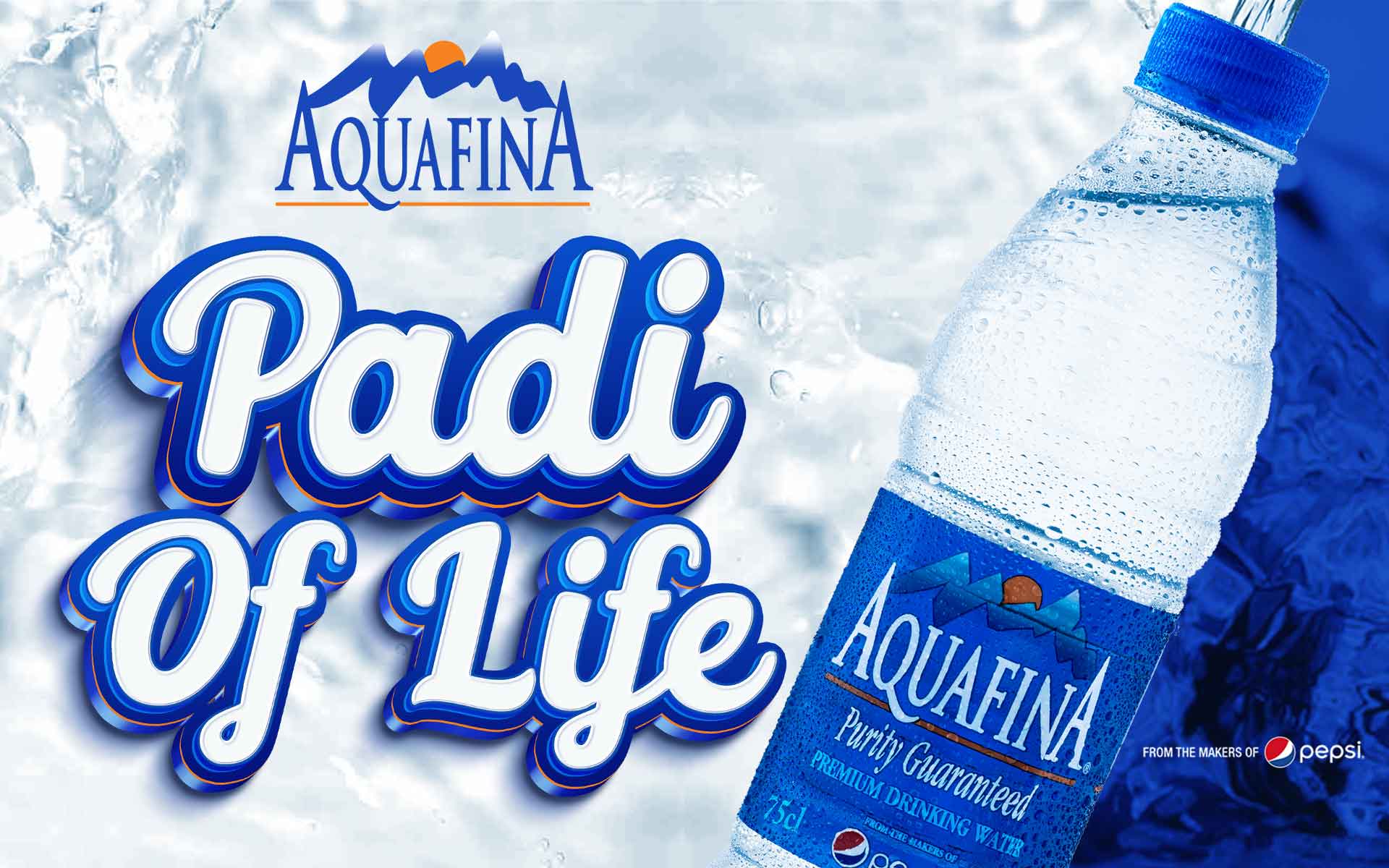The Director External Affairs, British American Tobacco West and Central Africa, Odiri Erewa-Meggison, in this interview speaks about the company’s commitment to its expanded environmental, social and governance (ESG) priorities and the evolved corporate culture that has made sustainability the focus in all company operations.
What is the significance of sustainability to British American Tobacco Nigeria Limited?
Sustainability has been central to our business and ethos for decades, starting in 2001 when we established our first group-wide environment, health and safety systems, the BAT Nigeria Biodiversity Partnership and a programme of independently facilitated social dialogue. Last year, we were recognised as a sustainability leader for the 20th consecutive year and the only tobacco company to be included in the prestigious Dow Jones Sustainability Index (DJSI). That speaks a lot about the priority we have placed on sustainability over the years.
Sustainability is integral to our evolved group strategy and reflects our commitment to the principal focus area of reducing the health impact of our business. This is underpinned by excellence across our other Environmental, Social and Governance (ESG) priorities. We are committed to reducing our climate impact, taking care of biodiversity, and rethinking our means of consumption. For us, sustainability is front and center in everything we do.
You mentioned that sustainability is front and center in all that you do as a company. How is that playing out in your Nigeria and indeed West Africa operations?
In Nigeria and indeed across our operations in West and Central Africa, we are very proud of the success we have registered on our sustainability journey. In 2021, we achieved 100% recycling of waste generated at our Ibadan factory with zero waste evacuated to landfill. We set up a Sustainability Show corner at our factory where you will find some of the end products of the recycling process on display. It shows that beyond repurposing waste material, the initiative is also creating new capacities among implementation partners and employment in the local community.
In addition, we have recorded an impressive 23.7% reduction in scope 1 and 2 emissions, compared to the 2017 baseline, on our journey to carbon neutrality. We have also recorded 26.2% reduction in water drawn and 4% water recycled. Moreover, we have also attained the ISO140012015 environmental certification for the Ibadan factory, among others.
How has the pursuit of this principle impacted your company’s performance? For instance, on areas like safety, efficiency of your operations or productivity of your workforce?

The impact has been very positive, even for our performance as an organisation. For example, one of our ambitions, which is reflected in our 2021 Group Environmental Social Governance (ESG) Report, is zero accidents group-wide. We are proud that in Nigeria and the West and Central Africa Area, we achieved zero lost time incidents throughout 2021 at our Ibadan Factory, despite hundreds of people walking through its gates daily. Supported by myriads of trucks and equipment and over three hundred cars on the road daily across our commercial operations, we’ve similarly recorded significant reduction in road accidents when compared with the previous years.
With the increased clamour by environmental activists and governments across the globe for companies to reduce the environmental impacts of their activities, how would you score your company’s efforts in reducing the negative environmental impacts of your operations?
For this year’s World Environment Day, which was marked in June, the world celebrated 50 years of the initial Stockholm Conference with the theme ‘Only One Earth’. It was once again an opportunity to reiterate the need for mankind to live sustainably in harmony with nature; and for us at BAT Nigeria, we are proud of the achievements we have made so far and are committed to continuouslypush for new ways to reduce our resource use, preserve the natural environment, improve the lives of farmers and communities, and uphold robust corporate governance standards. So, I will say quite confidently that we have done very well in driving for a sustainable planet and reducing negative environmental impact of our operations.
Please could you throw more light on this ‘zero waste to landfill’ you mentioned. How were you able to achieve it this quickly?
In 2019, we began partnering with local recyclers to implement the recycling of waste material such as paper, plastics and cigarette waste. One of such local partners is Skaj& U, which started off as a waste paper aggregator and paper recycling years ago, but is today, able to recycle such diverse products as plastic waste, spent oil, tyres, metal waste, carton waste, pallet waste, packs and label waste, waste water, canteen waste, nylon waste, tow waste, foil waste, used kegs, used drums, cable waste and sludge, among others, from our factory in Ibadan. Hence no waste material goes to any landfill in Oyo State, from our factory.
Our model of partnering with local partners has also led to their empowerment. For example, the project with BAT Nigeria has catalysedSkaj& U’s growth. They now employ up to 150 skilled and unskilled workers in addition to the expansion of its recycling capacity with the acquisition of new machinery and the introduction of new recycling processes.
Most multinationals are switching to renewable energy sources as the next phase of the drive to reducing the emission of greenhouse gases. Do you have plans to transition to renewables in the near future?
Certainly. Indeed, one of our ESG targets is to achieve 100% renewable electricity in operations sites by 2030 and we are well on our way to that. In 2020, we commenced the transition from diesel-powered electricity generating plants to an independent power plant (IPP), utilising cleaner natural gas as a fuel source. The IPP also incorporates heat recovery capacity and the recovered heat is used to drive the factory cooling systems. This further extends the energy efficiency of the factory and helps the environment as noxious fumes are not released along with steam into the atmosphere. These initiatives have enabled the company to achieve up to 23 per cent reduction in carbon dioxide equivalent (CO2e) emissions.
More recently, we announced the implementation of a 1 MW Solar Panel renewable energy solution (without backup battery storage) that would complement the existing gas engine-powered supply at our factory. This project, which will consist of the installation of 1,900 polar panels, will generate a cumulative energy of 1,400,000 KWh annually, representing about six percent of the factory’s annual power requirement, which would be injected directly into the company’s energy mix. To achieve this, we are making a significant investment of about £1m over the next two years on the project,which will reduce our carbon emissions by the equivalent of 992 tons annually, thus taking us closer to our target of 100% renewable energy source and being carbon neutral by 2030.
Can we say that you are satisfied with your company’s sustainability achievements or milestones?
For us, we see ourselves as being on a journey to build A Better TomorrowTM, and we have a clear road map with set milestones leading up to 2050. While we are proud of our current achievements, we are not prepared to rest on our oars. We are focused on our targets and will continue to implement various initiatives that help us achieve our targets in our region.
Are there any policy initiatives you think the government of Nigeria can introduce that will improve environmental conservation and accelerate Nigeria towards a greener future?
I believe the Federal Ministry of Environment, and importantly National Environmental Standards and Regulations Enforcement Agency (NESREA), have been doing a lot of work, in recent times, around embedding good environmental management practices in Nigeria and holding corporate organisations to task in fulfilling their obligations in ensuring good environmentally practices in their operations. But I think we need a lot more public awareness on the importance of protecting the environment and the consequences of our actions on the planet. This should be engrained even in our educational system so that young ones grow up they have a sustainability mindset acquired in the formative years. That way we build a society where these issues are top of mind for private citizens, businesses and of course the government.At BAT Nigeria, we want to be the catalyst that gets other companies in Nigeria to take environmental issues very seriously; making sure that we are giving back to the society from which we derive our livelihood. We are nurturing our environment in such a way that there is sustainability into the future.
Add a comment






